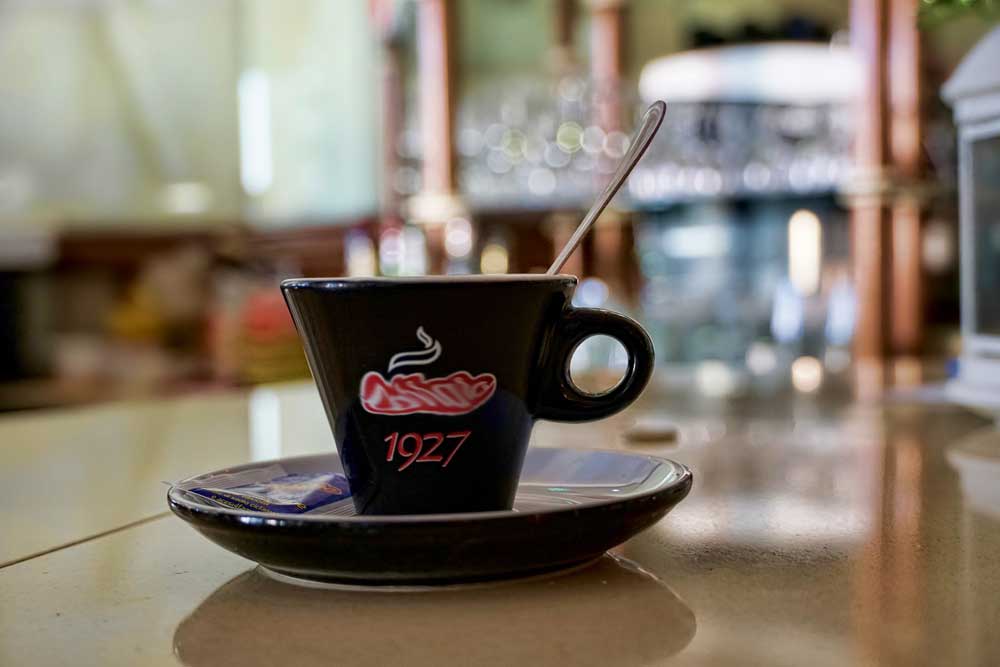Italian Espresso bars, also known as coffee bars or cafés, have played a significant role in Italian culture for over a century. These establishments are not only places to grab a quick cup of coffee, but also social hubs where people gather to socialize, discuss current events, and enjoy the company of others. The history of espresso bars in Italy is an interesting one, tracing the evolution of the coffee industry and the role of coffee in Italian society.

The origins of espresso can be traced back to the early 20th century, when Italian inventor Luigi Bezzera developed a machine that forced hot water through finely-ground coffee beans under high pressure, creating a concentrated and flavorful drink that we now know as espresso. This new method of coffee preparation quickly caught on in Italy, and soon espresso bars began to pop up nationwide.
Espresso bars became popular gathering places for people of all ages and social classes. They offered an affordable and convenient way to enjoy a cup of coffee and a lively atmosphere where people could come together and engage in conversation. In the years following World War II, espresso bars became even more critical as Italy experienced a period of economic growth and social change. They became symbols of the new Italy, where people could come together and discuss politics, art, and literature over a cup of coffee.
In the 1950s and 1960s, Italian espresso bars became even more central to Italian culture as they became the preferred meeting place for the country’s young people. As Italy underwent a period of cultural upheaval, with the rise of youth culture and the emergence of new artistic movements, espresso bars became the epicenter of this new cultural scene. Young people would gather in these establishments to discuss music, fashion, and politics and to hear the latest news and gossip.
The role of espresso bars in Italian culture continued to evolve in the following decades. As Italy became a more globalized society and coffee culture began to spread to other parts of the world, espresso bars remained a vital part of the Italian way of life. They continue to be gathering places for people of all ages and backgrounds to enjoy a cup of coffee and socialize with others.

Today, espresso bars can be found in every city and town in Italy. They continue to be an essential part of the country’s cultural identity. They offer a place to grab a quick cup of coffee and a window into the country’s rich history and cultural heritage. So whether you’re a tourist looking to experience Italian culture firsthand or a local looking for a place to catch up with friends, espresso bars are an essential part of the Italian experience.
In conclusion, the history of espresso bars in Italian culture is fascinating, reflecting the evolution of coffee culture and the role of coffee in Italian society. From their origins as simple coffee shops to their current status as cultural icons, espresso bars have played an essential role in Italy’s social and cultural life for over a century. As a result, they are an integral part of the Italian experience and a must-visit for anyone interested in experiencing this beautiful country’s rich culture and history.





